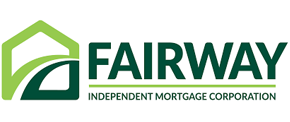Financial professionals, learn how the Home Equity Conversion Mortgage (HECM) can be an effective tool for insulating retirement portfolios, improving overall quality of life in retirement and helping retirees afford their dream home.
Today’s interest rates are a common concern for those who are interested in reverse mortgage loans. The good news is that there are a number of other factors that can help you determine if now is the right time for a reverse.
In this article, we’ll explore how a reverse mortgage can help you enjoy a more comfortable, secure retirement while providing the peace of mind that your children can continue their financial independence and benefit from the legacy you leave behind.
Securing a comfortable retirement should be a top priority for homeowners 62 and above. We’ll also show how the Home Equity Conversion Mortgage loan (or HECM) can effectively insulate retirement portfolios while improving retirement life.
Now more than ever, financial advisors and homeowners are viewing the reverse mortgage in a financial planning sense — read on to learn why.
Most reverse mortgage loans today are HECMs—the only reverse mortgages insured by the Federal Housing Administration (FHA). In this article, Leslie and the Kight Team will tell you everything you need to know about HECMs in order to get started.
There are a number of myths and opinions out there about reverse mortgage loans today, but they really are just cashflow. Read this article to learn why.
What is a reverse mortgage loan and how does it work? Read this article to help decide if one the right choice for you, a loved one or a client.
In this article, we’ll cover what a HECM reverse mortgage loan is, the typical upfront and ongoing costs and whether those costs are worth it for you.
Reverse mortgage loans apply to many legal scenarios, but for lawyers involved in silver divorces, the reverse mortgage could be just the tool you need for your clients’ success.

